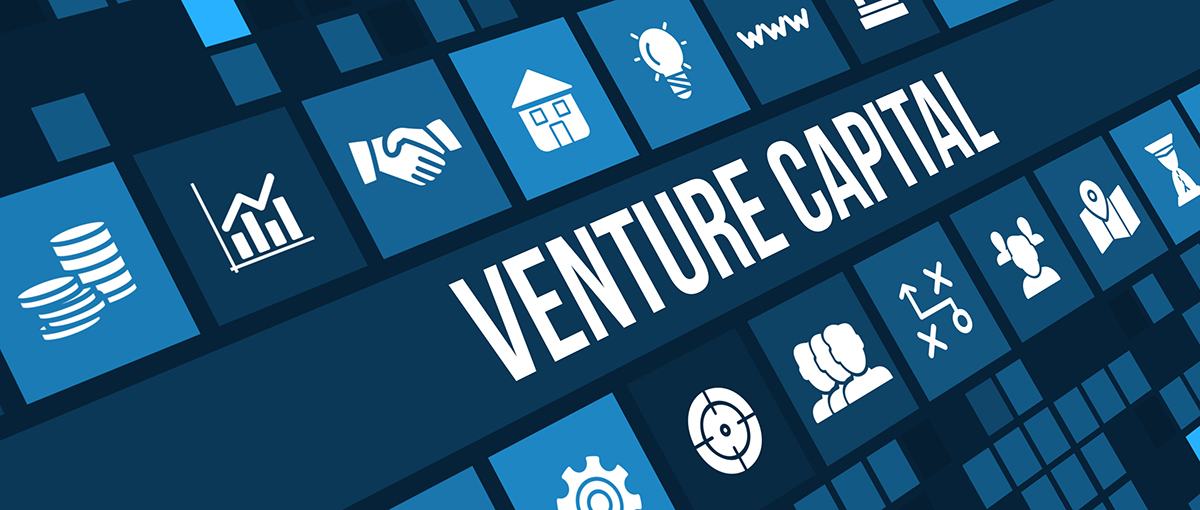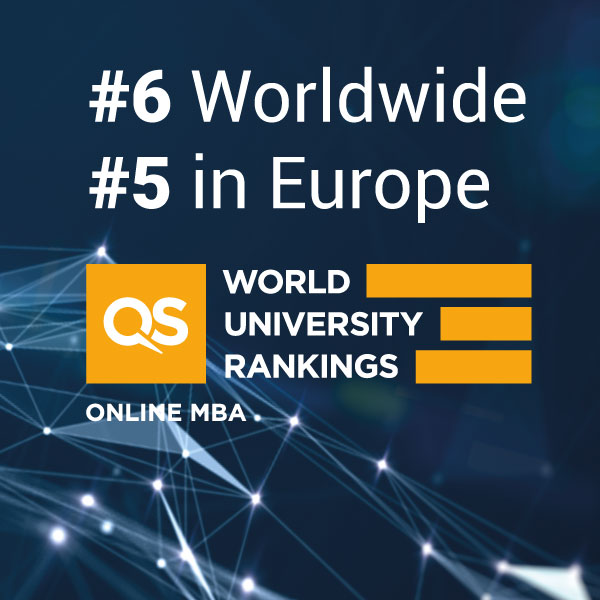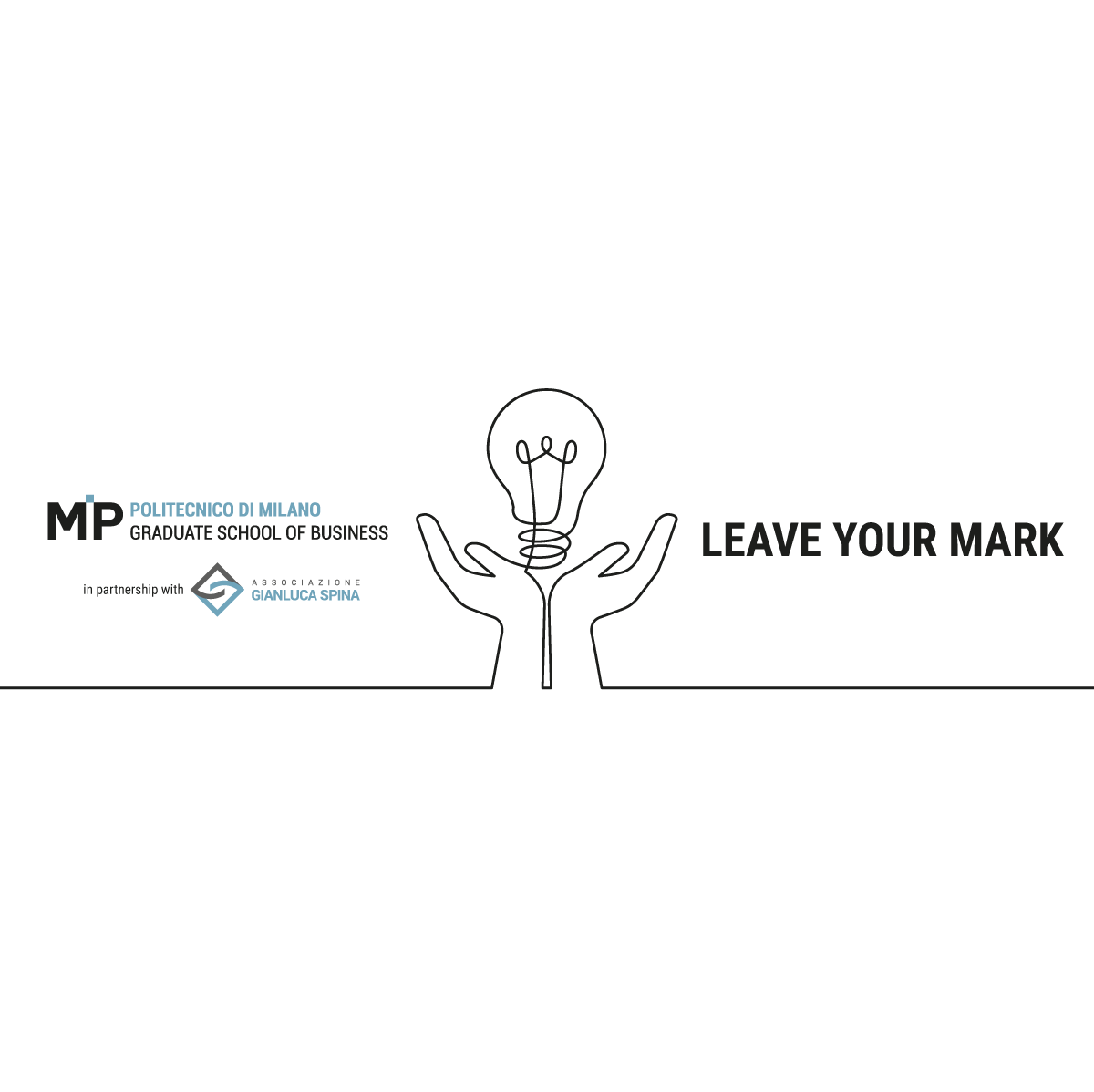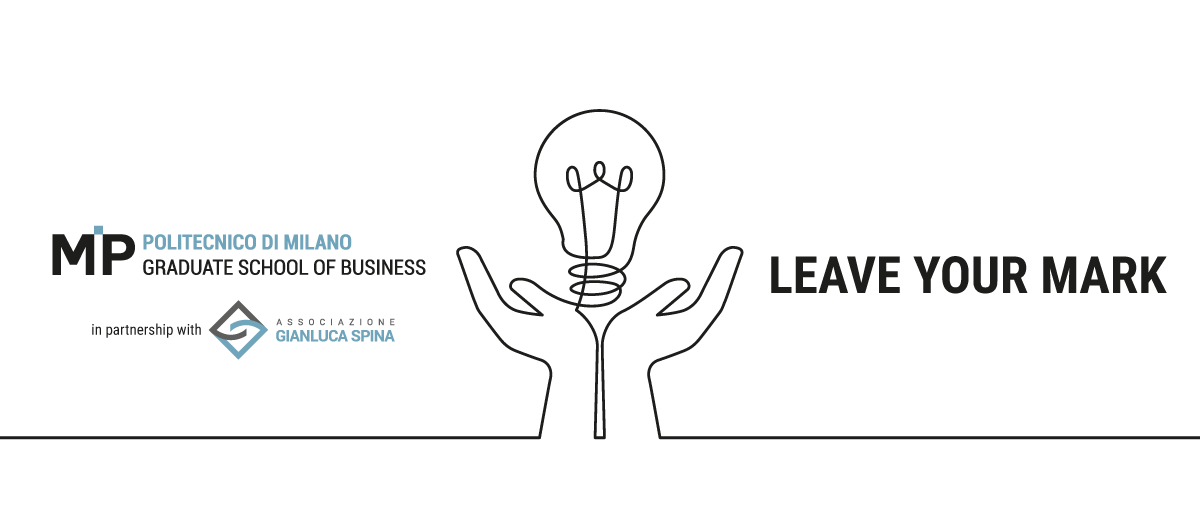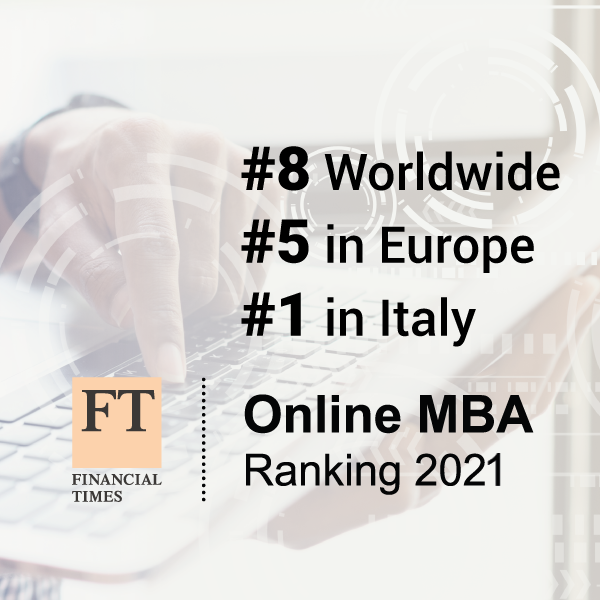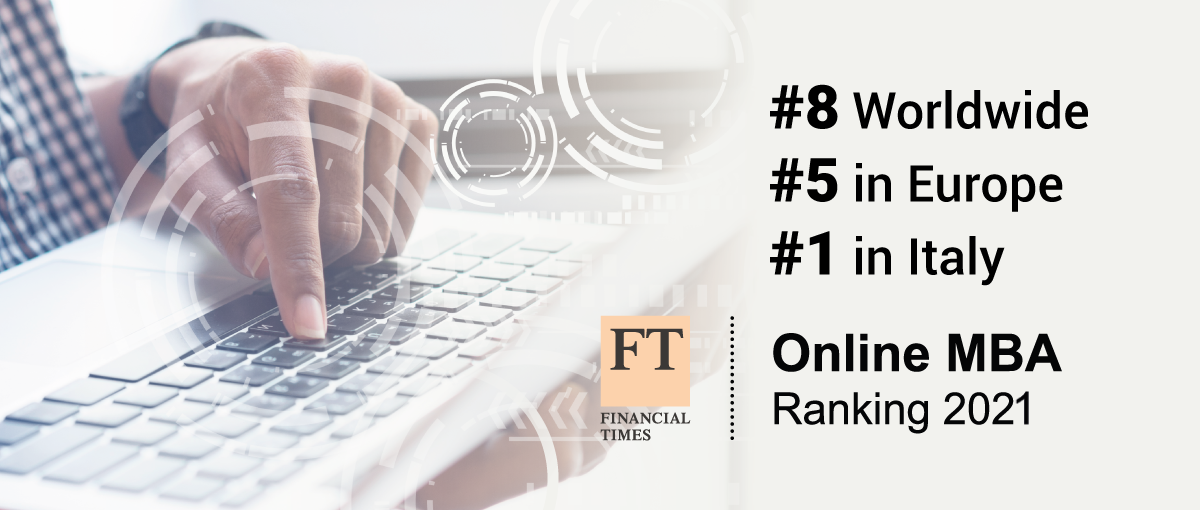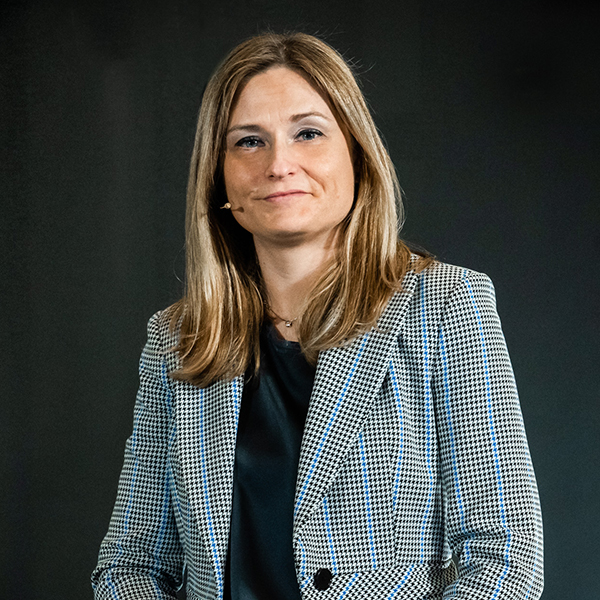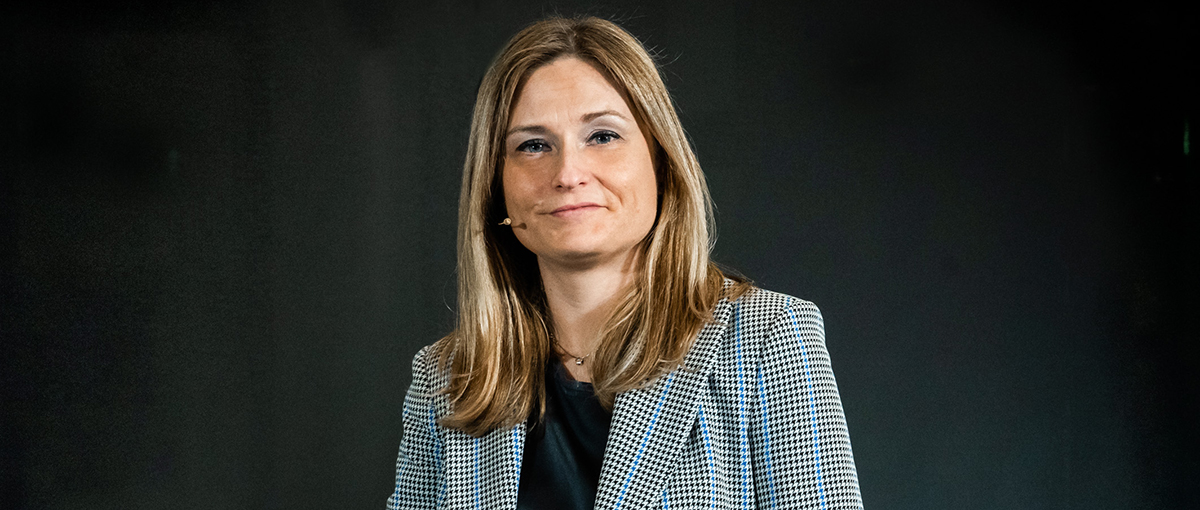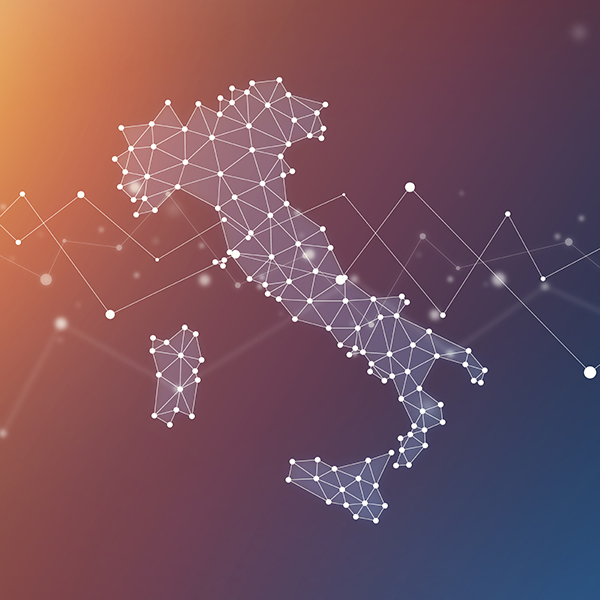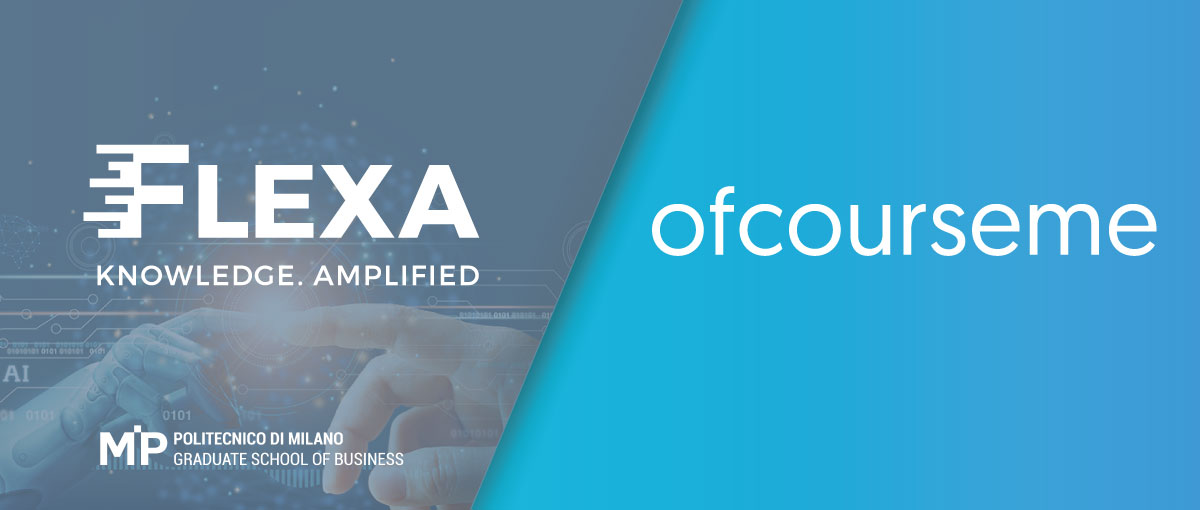What is the geographical distribution of Venture Capital (VC) in Europe? Is VC activity agglomerated around a few preferred locations? Or, conversely, are we observing an increased dispersion of VC outside large metropolitan areas?
VC is an important source of finance for the growth of innovative startups, which contribute significantly to a country’s international competitiveness, as essential driver of innovation, job creation, and economic development.
Knowing how VC investments are geographically distributed is useful to understand the development of entrepreneurial ecosystems in Europe and, consequently, is a precious tool to approach innovation policies.
Using the VICO-DATASET of Risis (European Research Infrastructure for Science, technology and Innovation policy Studies) it is possible to describe the agglomeration patterns of VC activity at the regional, metropolitan, and industry level.
The study, led by Massimiliano Guerini, Massimo Colombo and Francesca Enrica Tenca of the School of Management of Politecnico di Milano, illustrates some crucial evidence.
The UK and France are the most relevant VC markets in terms of the number of VC deals, while Eastern European countries and Israel show the highest incidence rates (VC deals / GDP). Moreover, VC activity is mostly concentrated in large metropolitan areas, with increased concentration levels from 2010 to 2018. However, there is a non-negligible share of VC activity in more peripheral areas. In details, London, which represents by far the top VC hub, experienced a +50% in VC activity growth from 2010 to 2018, compared to a modest +6% of Paris (the 2nd VC hub) and Tel Aviv (+23%), ranked 3rd in terms of VC activity. Some smaller areas in terms of VC activities registered remarkable growth rates from 2010 to 2018, such as Budapest (+167%), Milan (+62%), and Tallinn (+124%).
Last but not least, important differences emerge across sectors. The life science sector exhibits higher dispersion of VC deals outside the main VC hubs, mainly in areas with relevant knowledge creation activity. Conversely, VC activity in the Software, Internet & TLC, and R&D & engineering sectors is concentrating in large metropolitan areas.
The findings have important policy implications for democratizing access to VC in more peripheral areas and for the development of entrepreneurial ecosystems, and they open a debate on the framing of research and innovation policies.
For further information:
Policy Brief
https://www.risis2.eu/
Presentation of the study (online event):
30th April 2021
2:00 pm – 4:00 pm
7th RISIS Policymakers Session “Democratising access to smart money in EU, evidence form the VICO-DATASET”

